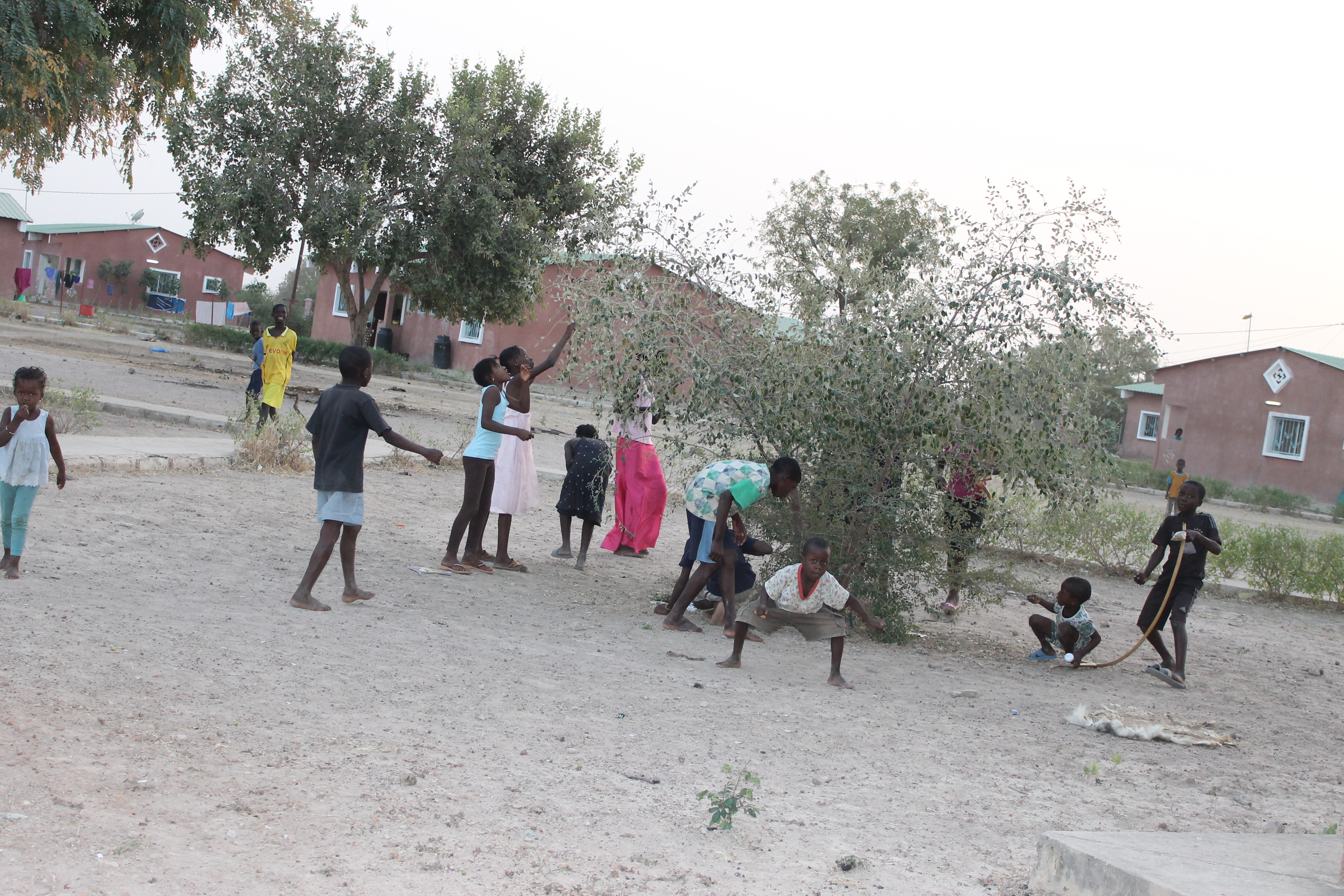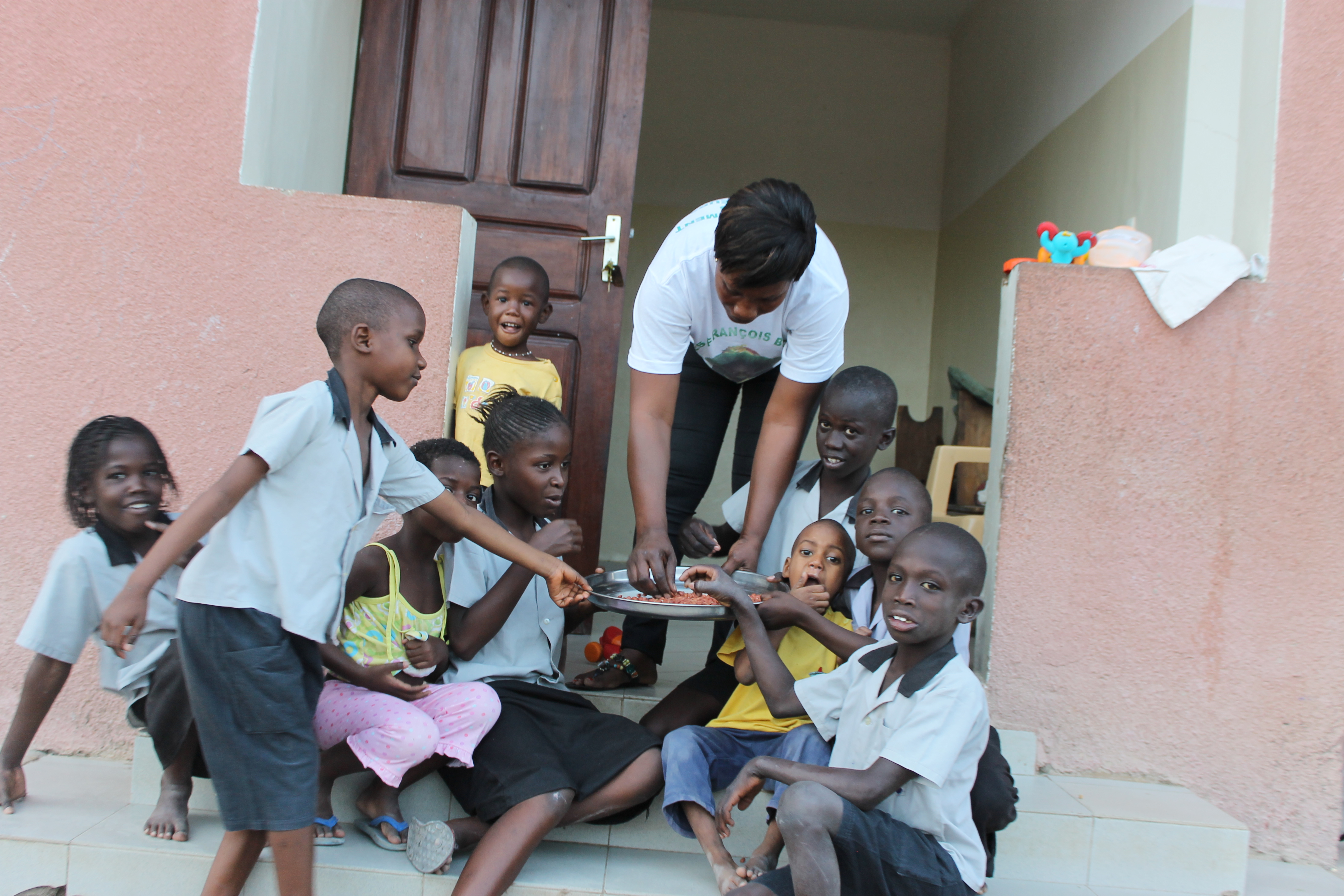Famine is always a very tangible threat in the Sahel Region
.jpg?width=800)
Tambacounda is the capital of the region of the same name in eastern Senegal and has a population of roughly 80,000, making it the largest city in this sparsely populated area. The official language here is French but, as in most of Senegal, Wolof is more widely spoken. The cotton industry is one of the most important pillars of the local economy.
There are a number of factors that pose a threat to the food security of the local population: delayed or insufficient rainfall leads to failed harvests, which in turn leads to low food reserves. Global rises in food prices and decreases in the remittances sent home by Senegalese living abroad reduce people’s purchasing power. In a region where a large proportion of the population does not have sufficient access to food in a normal year (neither in quality nor quantity), a food shock of this kind can have fatal consequences, especially for children.
Malnutrition has long-term detrimental effects on children’s physical development, and it can severely impede their cognitive development, too. Malnutrition also kills thousands of children each year. In addition, when children’s bodies are weakened by hunger, they are more susceptible to diseases such as malaria, pneumonia, diarrhoea and measles.
SOS Children’s Villages has been increasing its efforts in the Sahel Region in order to reach more children who are malnourished or at risk. At the SOS Hermann Gmeiner Schools, all pupils receive a daily meal and snack. Vulnerable families in the SOS Family Strengthening Programme receive a monthly food package which includes rice, oil, milk and baby milk for infants. At the SOS Medical Centres, children who are already malnourished receive treatment, which is often life-saving. In addition, we provide education and guidance to parents on how to prepare nutritious meals and provide a balanced diet.
Holistic and sustainable support for the local community
What we do in Tambacounda
.jpg?width=800)
SOS Children’s Villages began its work in Tambacounda in 2010. The SOS Social Centre here offers family strengthening programmes to the local community. One of the main goals is to ensure that children have access to essential material, educational, health and social services. The programmes also support families from the local community in building their capacity to care for their children, for example by providing guidance on income-generating activities and parenting skills.
The SOS Social Centres also provide health services, counselling and psychological support, as well as care and support for families affected by HIV/AIDS. Around 900 children and 180 adults currently benefit from these programmes.
In addition, the SOS Medical Centre here in Tambacounda is run as a mother and child clinic. It provides general medicine, paediatric care, and obstetrics to the community. Another important function of the medical centre is to provide preventive care, such as vaccinations and malnutrition prevention, to the local population.
For children from the region who can no longer live with their parents, 15 SOS families can provide a loving home. In each family, the children live with their brothers and sisters, affectionately cared for by their SOS mother.
The children attend the SOS Kindergarten together with children from the neighbourhood. This ensures that children from SOS families make friends and are integrated into the local community from a young age.